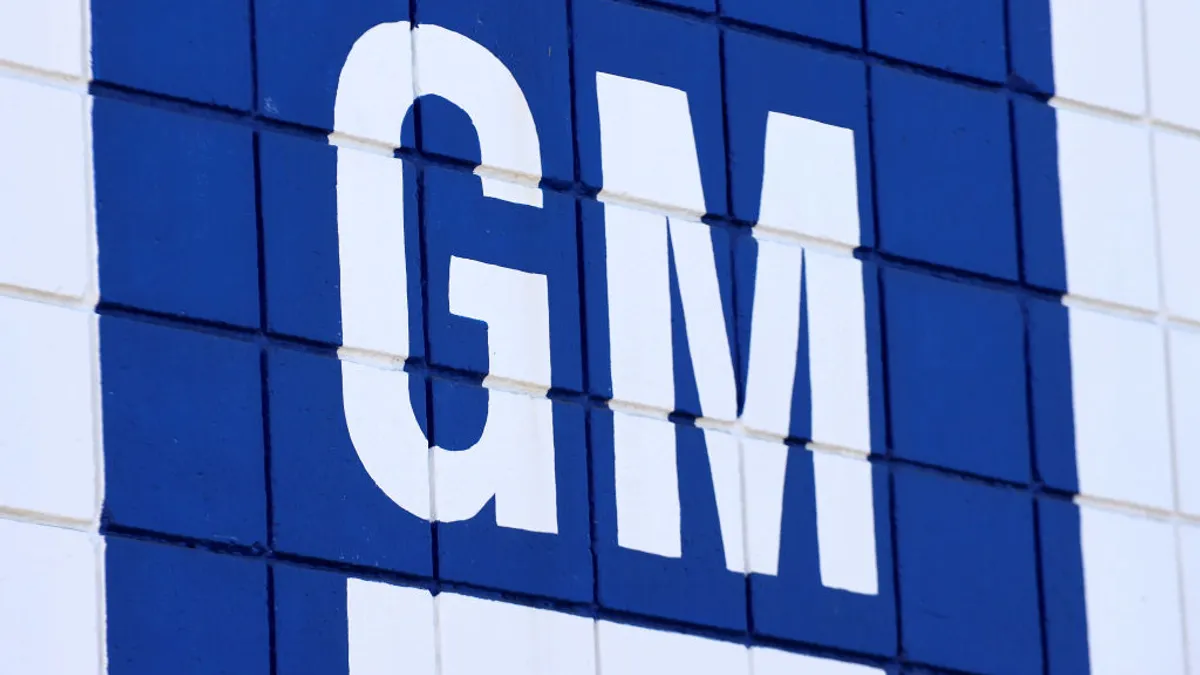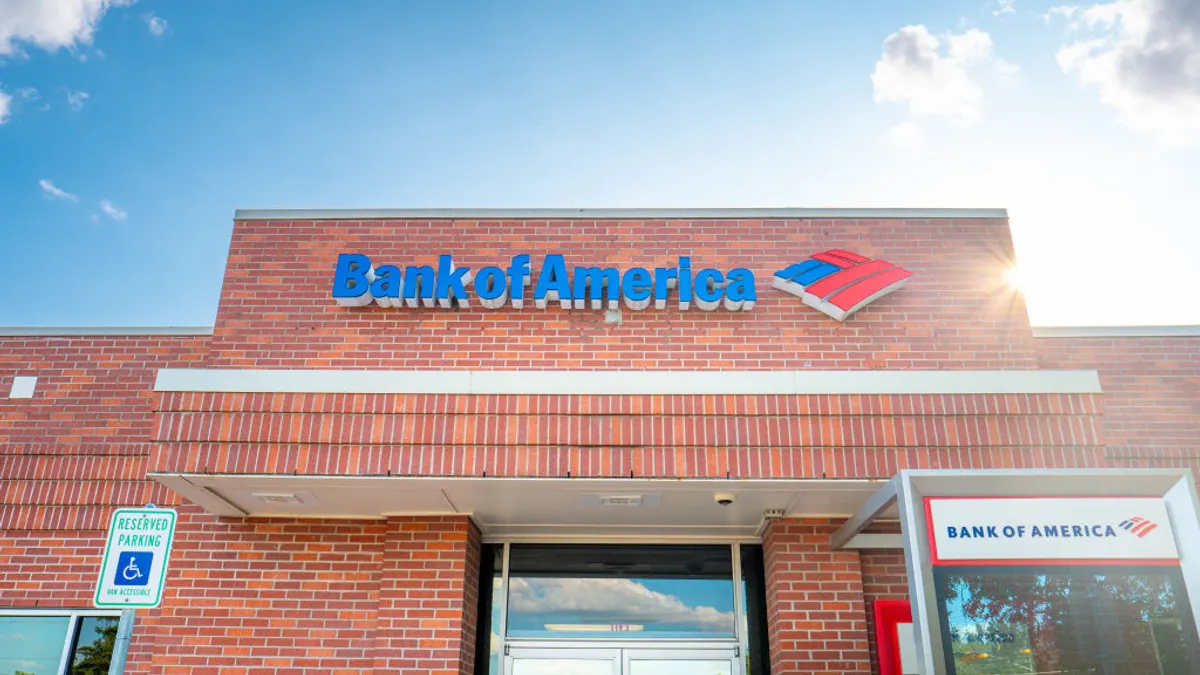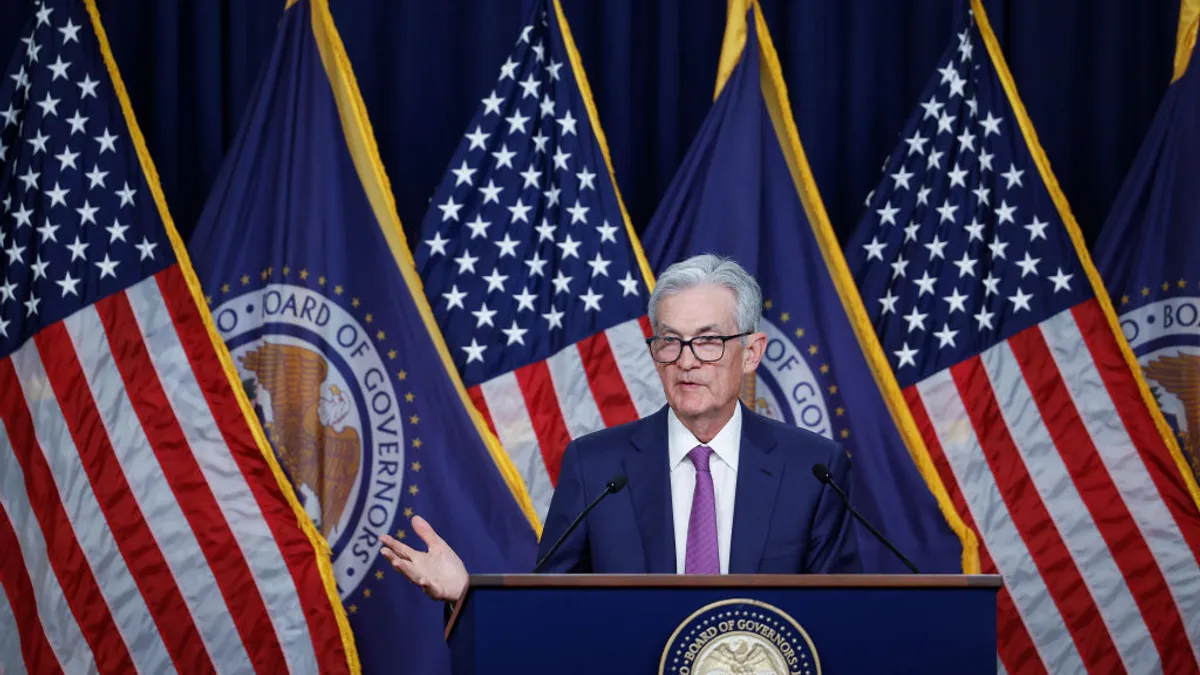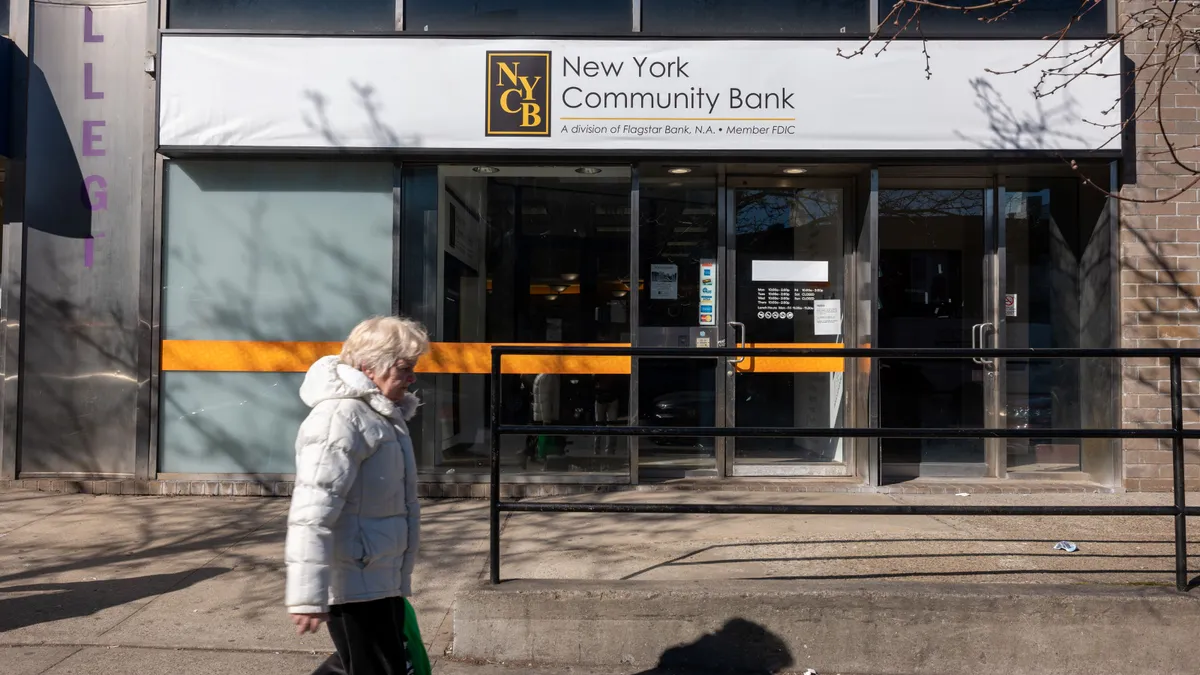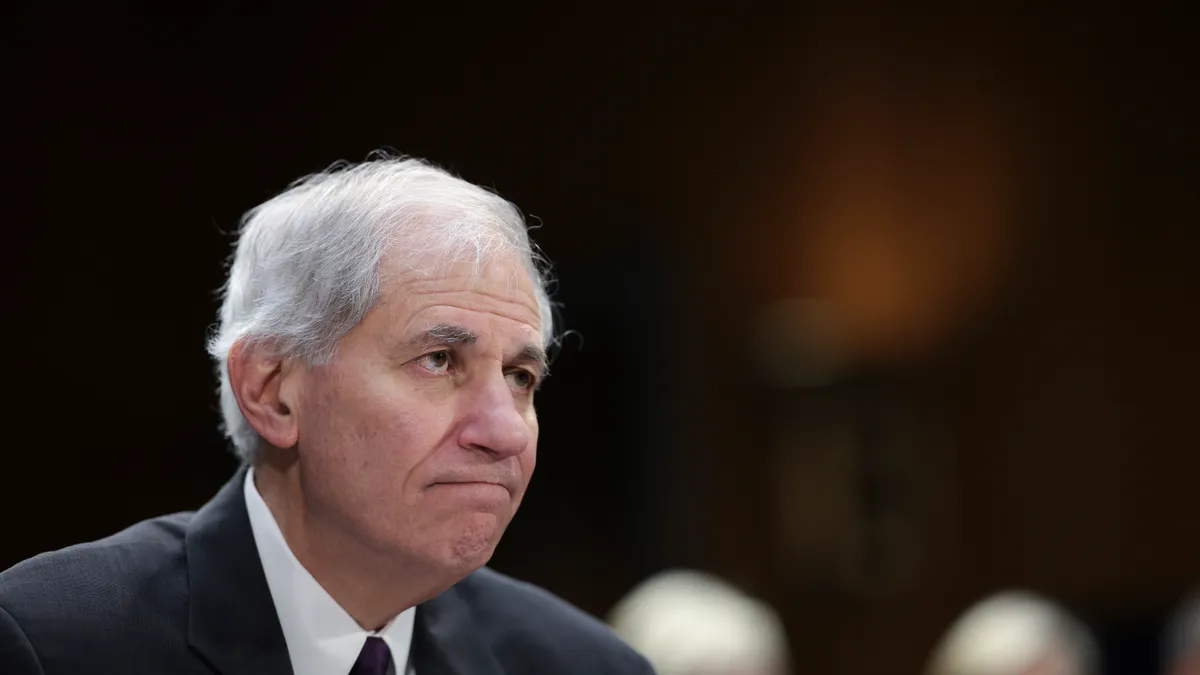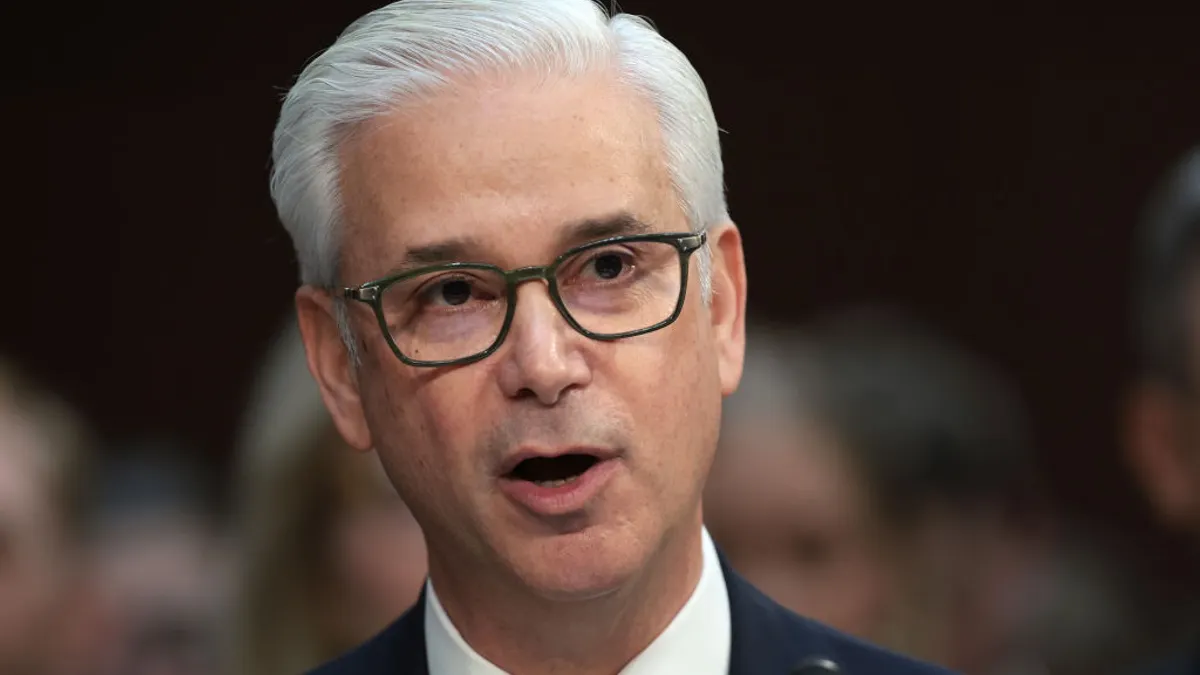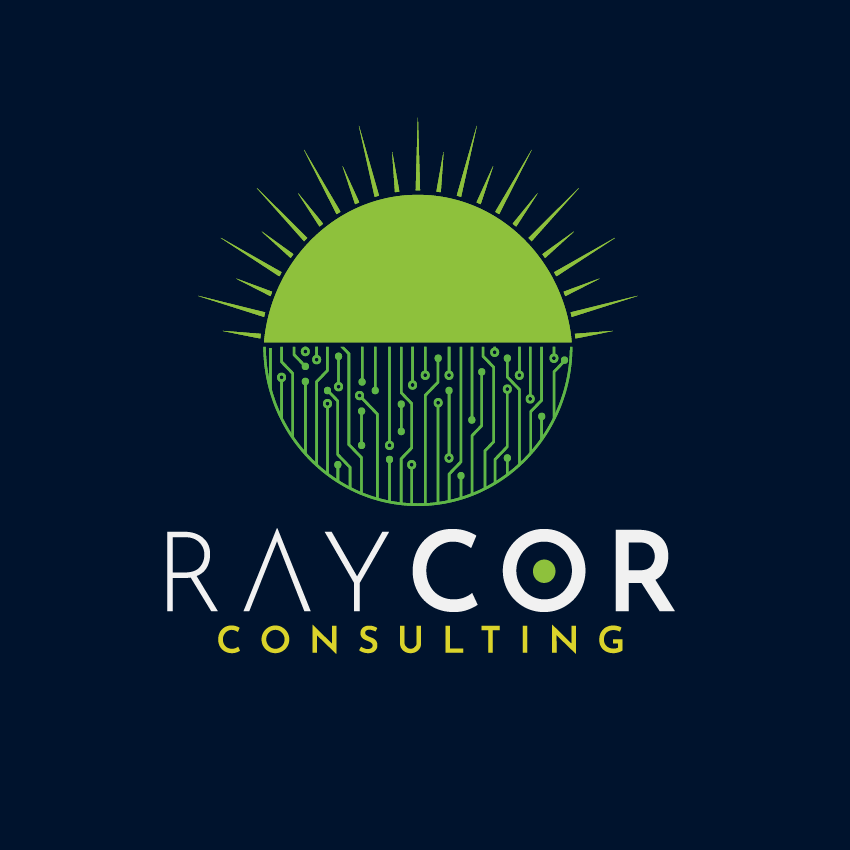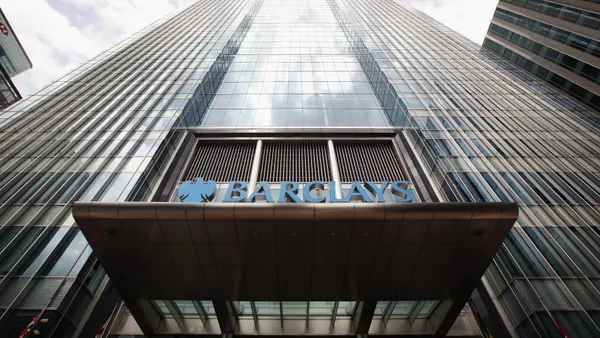GM Financial resubmitted its application for an industrial loan company charter Friday to the Federal Deposit Insurance Corp. and the Utah Department of Financial Institutions.
The move was expected. GM Financial had applied for an ILC charter in December 2020 – and gained conditional approval from the Utah regulator last June. But it pulled the application from FDIC consideration later that month “to address feedback” from the regulator, the company said.
“We look forward to refiling with the FDIC and UDFI,” Dan Berce, GM Financial’s CEO, said in a June statement. “Utah’s approval validates the strength of the bank’s proposed business plan and management team.”
The timing of GM Financial’s voluntary withdrawal – in the run-up to a presidential election that, at the time, was too close to call – may have signaled the company was hoping for a less stringent regulatory environment under a Trump administration, Michele Alt, a partner at the Klaros Group, told American Banker in June.
It may yet get that. Newly minted FDIC Acting Chair Travis Hill voted no in July on a proposed rulemaking that would have demanded ILCs operate independently of their parent companies and required the FDIC to evaluate whether the ILC would meet its community’s lending needs.
The proposal, Hill said, “suggests that a commercial company that seeks to establish or acquire an ILC might get approved if it wants a full-service bank, but there is a presumption of disapproval if it only serves the parent (or affiliates), or customers of the parent (or affiliates).”
How the FDIC should approach applications from ILCs that would be completely dependent on their parent companies “is a reasonable question to ask [but] an odd place to start – other than the fact that we have had several such applications recently, including one that withdrew last month after a three-and-a-half year wait,” Hill said, in a reference to GM.
“Given the gravity of the policy issues at play, I think it would make sense for the FDIC to engage in a thoughtful, deliberative policymaking process to provide transparency around how we might approach this and other ILC-related questions,” Hill said in July.
The comment period for the proposal ended in October, but the rule was not finalized before last month’s leadership change at the FDIC.
Indeed, among the 15 priorities Hill laid out for the agency are a “more open-minded approach to innovation” and the aim to “develop a more sophisticated understanding of the relative stability of different types of deposits and depositors.”
Not to be overlooked, amid GM’s new application, is the ILC’s management team. Bill Donnelly, CEO of the proposed GM Financial Bank, served until 2017 as president of Tesla Finance and vice president of global financial services for the automaker, according to LinkedIn. Tesla is owned by Elon Musk, now a crucial adviser to President Donald Trump.
Prospects for ILCs have see-sawed over the years. Fourteen companies have submitted applications since 2017, but none broke through until the FDIC gave green lights to fintech Square (now Block) and student loan servicer Nelnet in 2020.
Later that year, under former Chair Jelena McWilliams – for whom Hill served as a policy adviser – the FDIC issued a final rule requiring ILC parent companies to enter into a written agreement with the agency pledging to maintain the industrial bank’s capital and liquidity “at levels that the FDIC deems necessary for [their] safe and sound operation.”
The FDIC board’s lone dissenter on that final rule was Martin Gruenberg, who succeeded McWilliams as agency chair. But even under Gruenberg, the FDIC didn’t show a blanket distaste for ILCs. The agency approved Thrivent Financial for Lutherans’ ILC charter application last June.
Opponents of the charter have argued the ILC designation exempts companies from the definition of a “bank” under the Bank Holding Company Act, as long as they don’t offer demand deposit accounts. That setup allows them to bypass oversight by the Federal Reserve.
“The Rakutens and the Googles of the world shouldn’t be able to circumvent the Fed,” Sen. John Kennedy, R-LA, said in 2019, introducing a bill to close that “loophole.”
“If they’re allowed to handle your banking services, they’re going to turn into continents,” he said.
Former Sen. Sherrod Brown, D-OH, introduced a bill in 2023 that would have subjected ILCs to Fed supervision. It was referred to the Senate Banking Committee but went no further.
Last March, now-former Sen. Mitt Romney urged action on pending ILC charter applications, arguing the companies would “provide critical access to credit opportunities within the regulated banking sector. Romney represented Utah, where GM Financial Bank would be based.
Trade groups, too, have spoken out against ILCs. Independent Community Bankers of America CEO Rebeca Romero Rainey has said the designation “violates the longstanding separation of banking and commerce and leaves dangerous gaps in oversight.”
Berce, for his part, said Friday that GM Financial Bank would “directly support our business model by providing stable, cost-effective funding.”
“In turn, the tangible stakeholder benefits are clear: expanded financing options to retail auto consumers, responsible extension of credit across a geographically and economically diverse consumer base, excellent customer service and strong support to dealers and consumers in all economic cycles,” he said.



